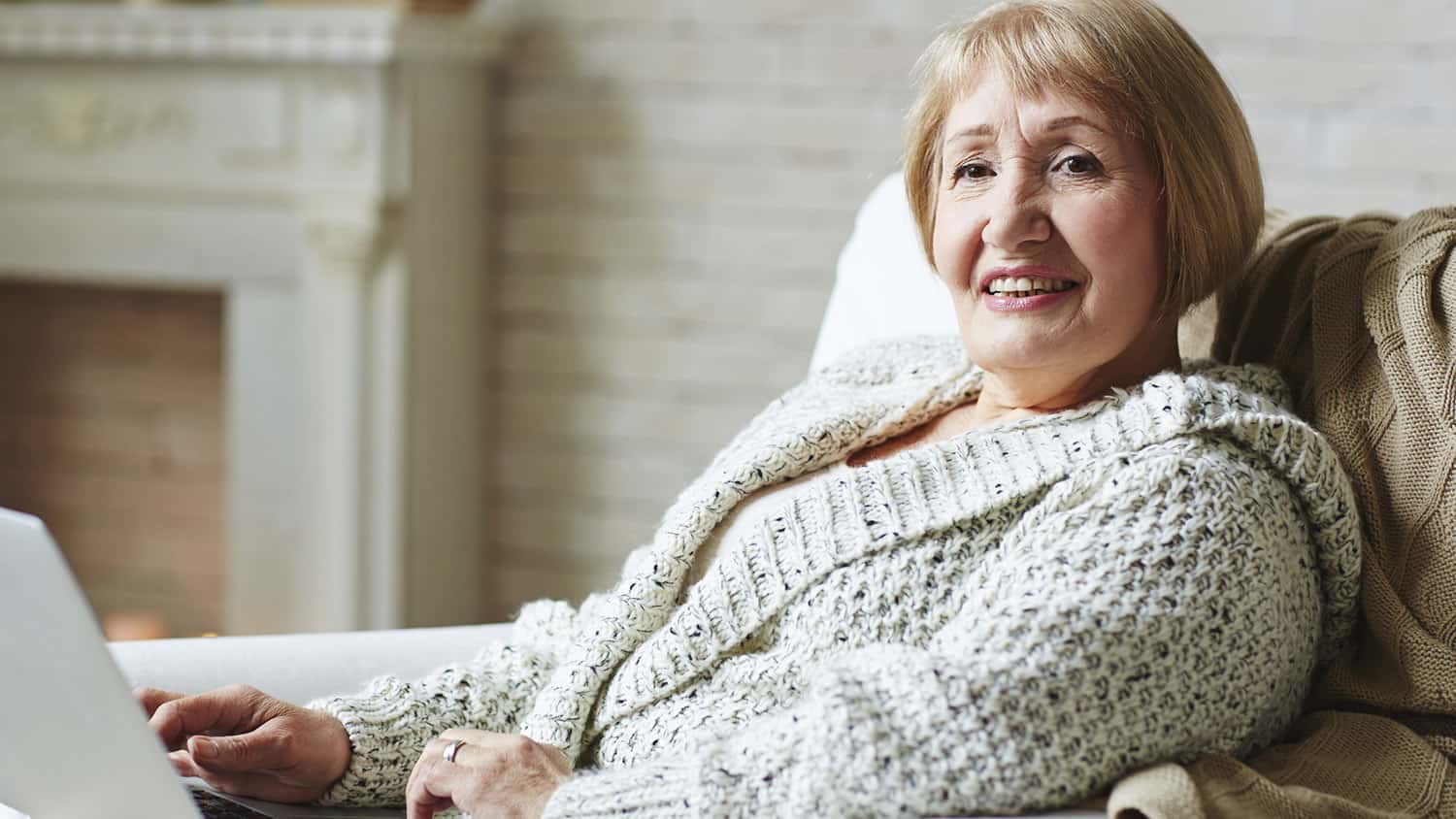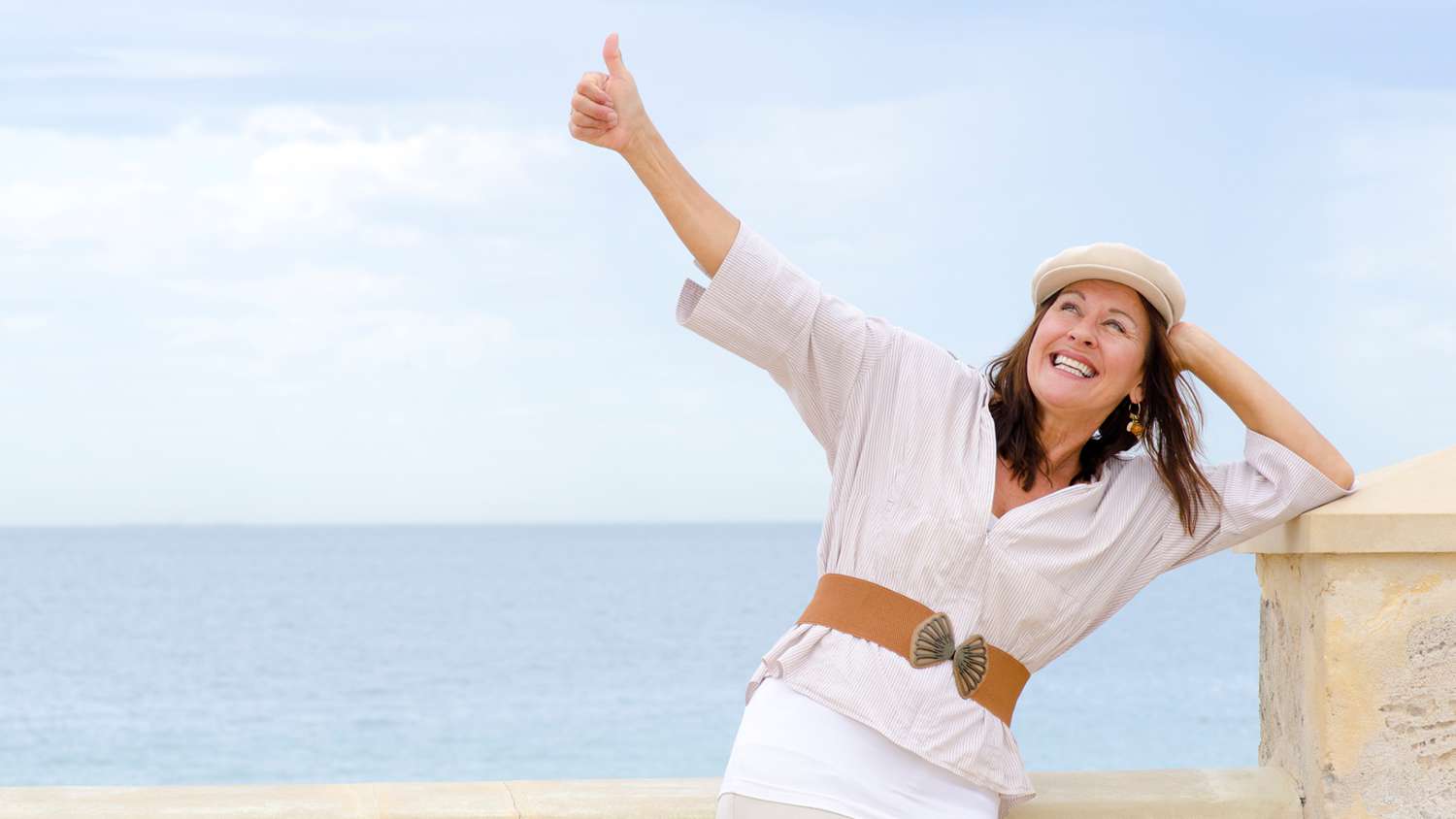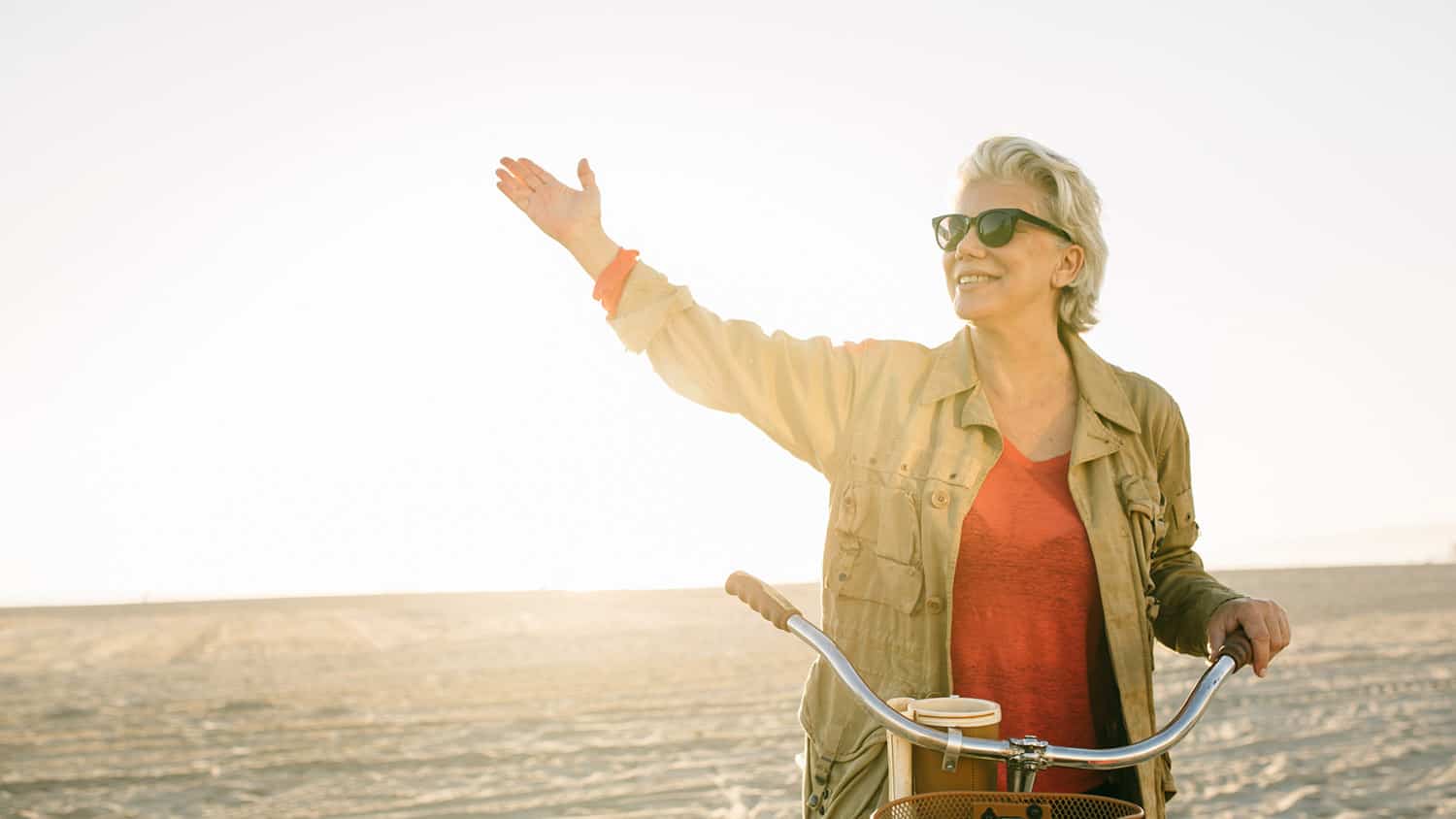
Getting Older Isn’t Painful, but, People’s Reactions to Our Aging Are
For most of our lives, we are taught that getting older is something to be feared. This is especially true for women, who are shown example after example of how society values youth over experience.
In our 30s, 40s and even 50s, many of us buy into the “anti-aging” hype and purchase creams and potions to freeze the clock, or, ideally, roll it back. Of course, other than exercise, sun cream and water, most of these strategies fail, but, that’s another story!
Then, in our 60s, something miraculous starts to happen – we finally realize that the fighting the aging process is a fool’s errand. We still try to look our best, but, our focus shifts from trying to please others to trying to please ourselves.
Getting Old Isn’t Painful… People’s Reactions Are
Unfortunately, even as we begin to master the art of ignoring what other people think of our appearance, society turns up the heat on other aspects of our lives. Professionally, we have to deal with ageism in the workplace. On a personal level, many of us struggle to find social connections in a world that seems to be focused on dating, work and family life.
Ironically, it is not aging that we end uf fighting; it is the way that society treats as because we are aging. As Barbara Hershey said, “I am not afraid of aging. I’m afraid of people’s reactions to my aging.”
“I am not afraid of aging. I’m afraid of people’s reactions to my aging.” – Barbara Hershey
The more I think about it, the more I believe that the way that modern, Western societies look at aging is unhealthy. Instead of focusing what we gain as we get a little older, society tends to focus on what we lose. People don’t see the depth of our souls or the experience in our eyes. They only see the wrinkles on our faces.
Why Do Some Countries Respect Their Elders?
Culturally speaking, this perspective on aging isn’t an inevitability. There are plenty of countries, some of which, ironically, are considered “developing,” that have a healthier perspective on aging. In China, for example, which takes many cultural ideas from Confucianism, respect for one’s elders is among the highest virtues.
The good news is that our generation has an opportunity to change the way that people look at aging. Why? Because, simply put, we are the largest generation in the history of the United States. As Dr. Bill Thomas points out in his excellent TEDx San Francisco presentation, baby boomers have changed every life stage that we have touched. We did it as teenagers. We did it as parents. And, now, we are on the verge of doing is as seniors.
By the way, if you haven’t had a chance to yet, I highly encourage you to check our Dr. Thomas’ TEDx talk. It truly is inspiring.
So, this raises an important question. What can we do to change the way society looks at aging? Simply put, it comes down to our thoughts, deeds and words.
How Can we Change Aging Stereotypes for the Benefit of All?
The first – and perhaps most important – thing that we can do to change the way that the world sees the aging process is to change the way that we see it. To do this, we must become active consumers of information. When we see an older person on TV or in the movies struggling to remember where they put the car keys, we can see the tired aging stereotype for what it is. We can challenge our own assumptions about what getting older really means.
Next, we can show the world that getting older isn’t something to be feared by living active, passionate lives. I know women in the community who are sitting in on university courses, learning to sail, starting businesses, making soap, racing cars and running marathons. Even going to the gym every day will make you a local celebrity. Trust me. Try it. You’ll be amazed by the positive response.
Finally, we can raise our voices against ageism in all of its forms. Just being a part of communities like Sixty and Me is a great start. I also encourage you to start your own blogs or YouTube channels so that you can share your own adventures. Another excellent way to share your wisdom is to become a mentor for a young person.
At the end of the day, we are the only ones who can change the way that society looks at aging. Let’s get out there and show the world that aging is something to be celebrated, not feared!
What aging stereotypes have you encountered? What are you doing to get the most from life in your 60s, 70s or better? Please join the conversation.
Tags Getting Older Inspiration






